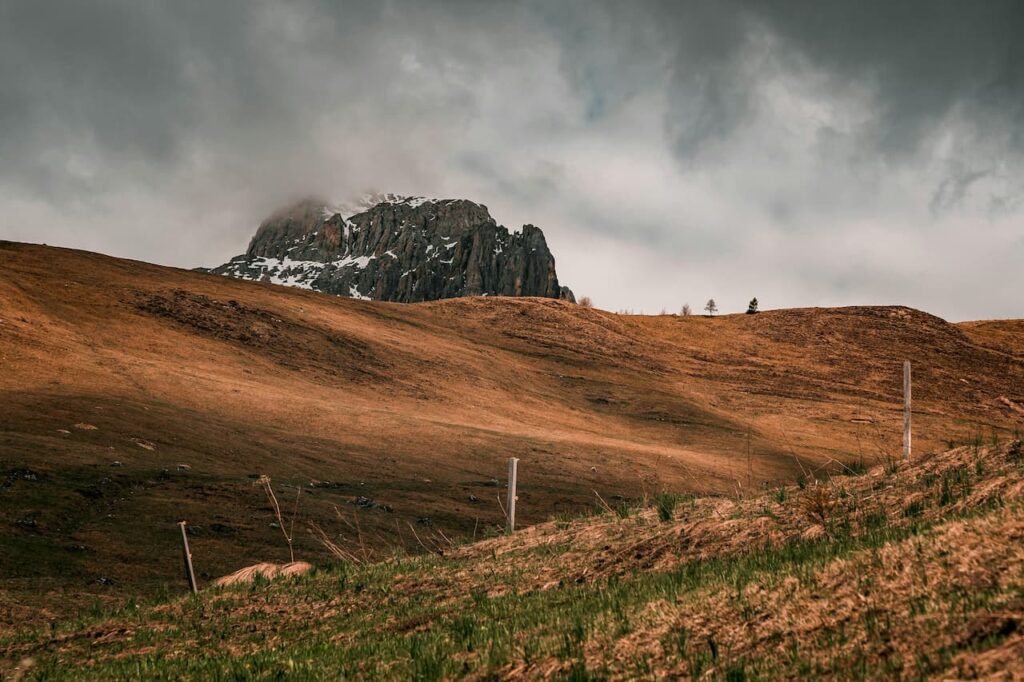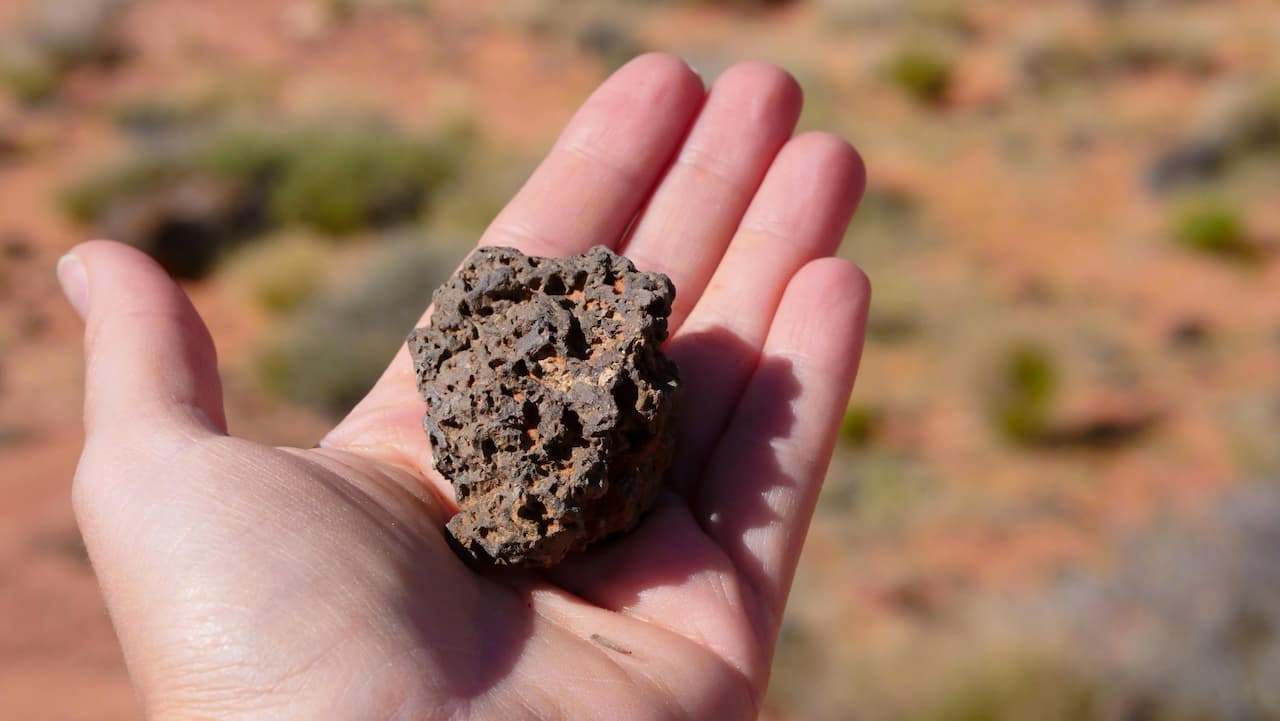The mining industry has historically faced criticism for its environmental impact. However, with the right expertise, mining projects can be conducted responsibly, minimizing harm to ecosystems and fostering sustainable development. Geological consultants play a vital role in bridging the gap between resource extraction and environmental conservation by offering expert guidance, innovative solutions, and actionable strategies.
This article explores the various ways geological consultants help protect the environment while ensuring sustainable mining practices, aligning with the mission of organizations like the Niger Delta Environmental Protection Group (NDEP) to safeguard natural ecosystems.
Environmental Impact Assessments (EIAs)
Before initiating any mining project, it is crucial to understand its potential environmental impacts. Geological consultants conduct comprehensive EIAs to identify and evaluate the effects of proposed mining activities on local ecosystems, water resources, air quality, and communities.
For example, an open-pit mine can significantly alter the landscape and disrupt nearby habitats. Geological consultants assess such risks and recommend mitigation measures like setting buffer zones, implementing erosion control, and designing waste disposal systems that minimize contamination. These assessments inform decision-making, ensuring that projects proceed with a clear understanding of their environmental responsibilities.
Regulatory Compliance and Permitting
Navigating the complex landscape of environmental regulations is essential for mining companies. Geological consultants assist in interpreting and complying with local, national, and international environmental laws. They facilitate the permitting process, ensuring that mining operations meet all legal requirements, thereby preventing environmental degradation and avoiding legal penalties.
For instance, mining companies in ecologically sensitive areas often face strict requirements for water management and biodiversity protection. Geological consultants help prepare detailed reports that demonstrate compliance with these regulations, often incorporating innovative solutions like water recycling systems or artificial wetlands to reduce ecological harm.
Sustainable Resource Management
Effective management of natural resources is at the heart of sustainable mining. Geological consultants develop strategies for efficient resource extraction that minimize waste and reduce environmental impact.
One approach involves optimizing drilling and blasting techniques to reduce energy use and minimize waste rock production. Additionally, consultants often recommend integrating renewable energy sources, such as solar or wind power, into mining operations. This not only reduces the carbon footprint but also aligns the project with global sustainability goals.
Rehabilitation and Closure Planning
The environmental responsibility of a mining operation extends beyond its active life. Geological consultants design rehabilitation and closure plans that restore mined areas to their natural state or repurpose them for beneficial uses.
For example, former mining sites have been transformed into wildlife reserves, agricultural land, or recreational areas. Consultants ensure that closure plans include measures like soil restoration, reforestation with native species, and the stabilization of waste rock piles to prevent erosion and contamination. Regular monitoring post-closure ensures that these rehabilitated areas continue to thrive.
Community Engagement and Social Responsibility
Engaging with local communities is vital for the success and sustainability of mining projects. Geological consultants facilitate dialogue between mining companies and stakeholders, ensuring that community concerns are addressed and benefits are shared.
For example, consultants may organize workshops to educate communities about the project’s environmental impact and gather feedback on proposed mitigation strategies. This collaborative approach fosters social license to operate and promotes environmental stewardship at the community level. Communities often benefit from improved infrastructure, employment opportunities, and investments in local development projects.

Implementation of Best Practices and Innovation
Staying abreast of technological advancements and best practices is essential for minimizing environmental impact. Geological consultants provide expertise in implementing innovative solutions such as:
- Remote sensing technology for real-time environmental monitoring, enabling the early detection of potential issues like water contamination or deforestation.
- Predictive modeling tools to assess the long-term impact of mining activities on ecosystems and guide planning decisions.
- Cleaner production technologies that reduce emissions and energy consumption during ore processing.
These innovations not only reduce environmental harm but also improve the efficiency and profitability of mining operations.
Monitoring and Reporting
Ongoing environmental monitoring is crucial to ensure compliance and assess the effectiveness of mitigation measures. Geological consultants establish monitoring programs that track environmental indicators, providing data that informs adaptive management strategies.
For example, groundwater monitoring wells installed around a mine site can detect contamination early, allowing companies to take corrective action before significant damage occurs. Transparent reporting of these findings builds trust with stakeholders and regulatory bodies, demonstrating the company’s commitment to sustainability.
Training and Capacity Building
Building internal capacity within mining companies to manage environmental issues is a key service provided by geological consultants. They offer training programs that educate employees on environmental management systems, regulatory compliance, and sustainable practices, fostering a culture of environmental responsibility.
These training sessions often include practical workshops on topics such as waste management, biodiversity conservation, and the use of environmentally friendly technologies. By empowering staff with the knowledge and skills to address environmental challenges, geological consultants ensure that sustainability becomes an integral part of the company’s operations.
Risk Assessment and Management
Identifying and mitigating environmental risks is essential for sustainable mining operations. Geological consultants conduct risk assessments to pinpoint potential environmental hazards and develop management plans to address them, ensuring that mining activities do not compromise ecological integrity.
For instance, in flood-prone areas, consultants may recommend designing tailings storage facilities with enhanced flood resistance. Similarly, in regions with endangered species, consultants might develop habitat protection plans to minimize disruption to local wildlife. Proactive risk management not only protects the environment but also safeguards the company’s reputation and financial stability.
Contribution to Policy Development
Geological consultants often engage with policymakers to develop and refine environmental regulations and standards. Their expertise ensures that policies are both practical and effective in promoting sustainable mining practices, benefiting the industry and the environment alike.
For example, consultants may collaborate with government agencies to establish guidelines for carbon emissions in mining operations or create frameworks for biodiversity offsets. These contributions help shape a regulatory landscape that encourages responsible resource development.
Conclusion
Geological consultants are instrumental in guiding the mining industry toward environmentally responsible practices. Their comprehensive services—from impact assessments to community engagement—ensure that mining operations align with environmental conservation goals.
By integrating sustainable practices into every phase of mining projects, geological consultants help protect ecosystems and promote the well-being of communities, reflecting the environmental protection objectives championed by organizations like NDEP. As the world continues to demand more resources while prioritizing sustainability, the role of geological consultants will remain critical in shaping a greener, more responsible future for the mining industry.
